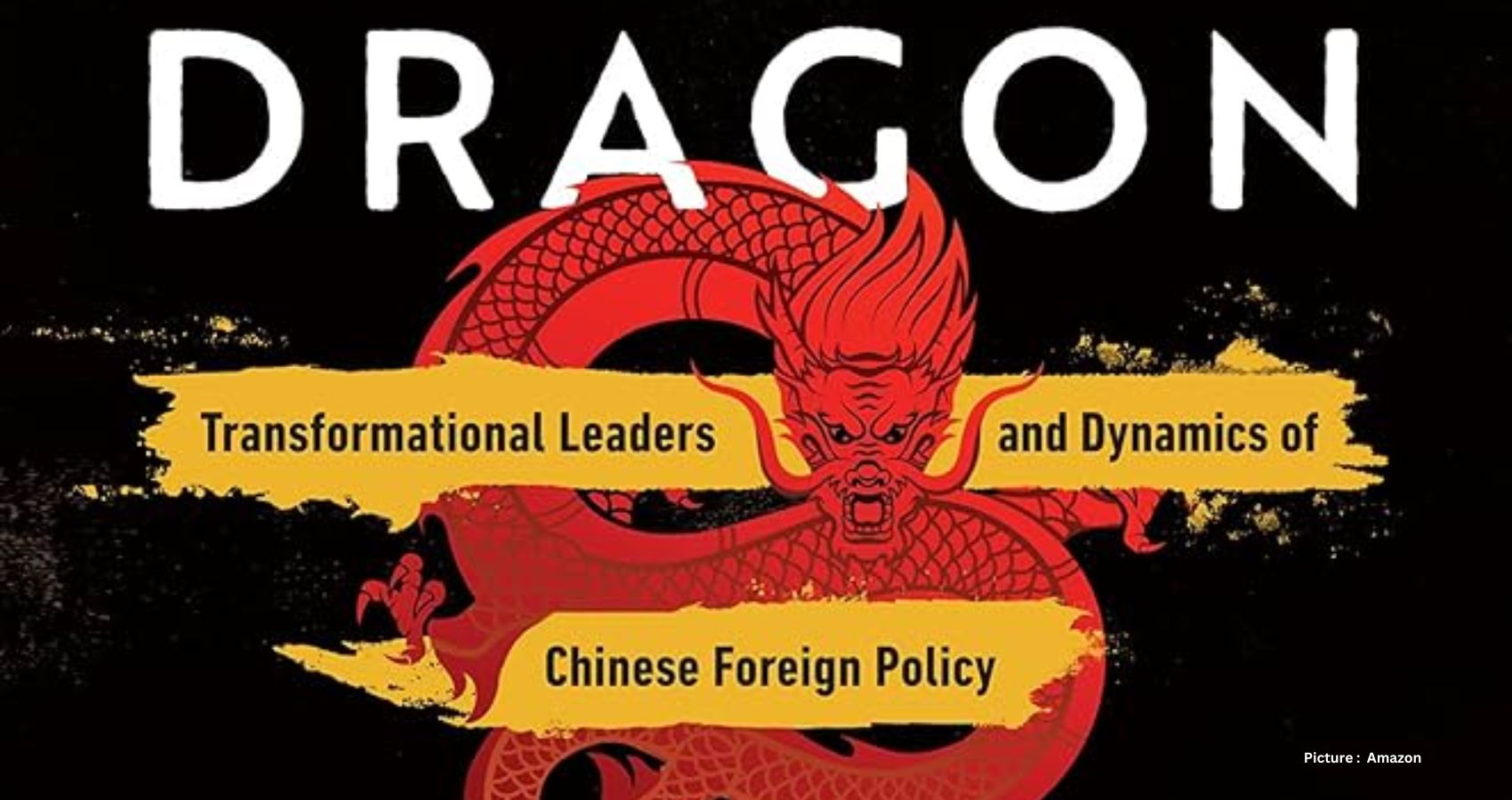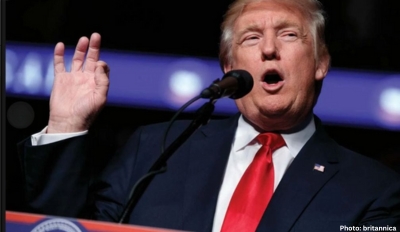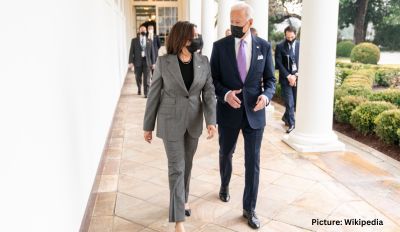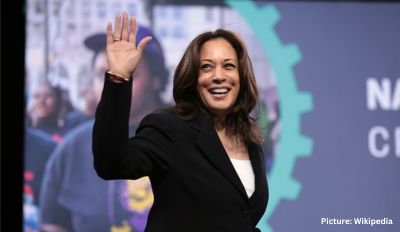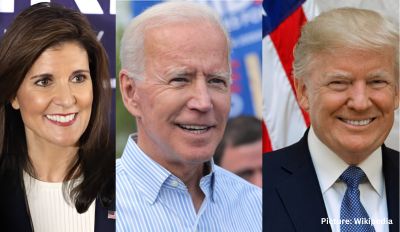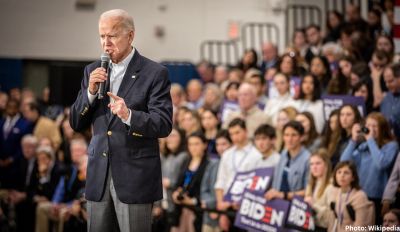“In 2008, an article in The New Yorker ignited discussions about America’s global dominance, suggesting it might be waning and opening doors for emerging powers like China, India, and Russia. Subsequent pieces in publications like Foreign Affairs and The Economist echoed this sentiment, propelling China’s rise as an inevitable superpower. However, recent years have witnessed a dramatic shift in this narrative.
The once-held belief in China’s imminent economic supremacy over the U.S. now appears uncertain. The notion of China leading the charge in geopolitics, with other nations following suit, is also faltering. Doubts loom over whether China will ever surpass the U.S. economically, prompting countries worldwide to reconsider their connections with Beijing and the potential risks associated with projects like the Belt and Road Initiative.
Simultaneously, China faces challenges on multiple fronts. Its population growth has stagnated, and a wave of Chinese entrepreneurs is seeking opportunities abroad. Optimism among Chinese youth is waning, mirrored by the downturn in the Chinese stock market and plummeting foreign direct investment. These economic woes have prompted Beijing to retract many key economic indicators from public view.
Contrastingly, the U.S. economy continues to thrive, maintaining its position as the world’s fastest-growing and most dynamic economy. Key indicators such as inflation, job growth, real wages, and productivity are all on the rise.
What led to this reversal of fortunes? China’s trajectory underscores the inherent limitations of a state-controlled economy, especially when political directives supersede market dynamics. Sustainable economic growth becomes challenging under heavy state intervention, particularly when coupled with tightening political control over both citizens and entrepreneurs.
Former Chinese leader Deng Xiaoping’s visionary move towards embracing global capitalism nearly five decades ago unleashed China’s entrepreneurial spirit, propelling it from a predominantly rural society to the home of the world’s largest middle class within a few decades. However, current leader Xi Jinping’s focus on consolidating power risks stifling this economic dynamism. Economic vitality thrives in environments characterized by freedom—freedom of expression, creativity, business, all upheld within a framework of rule of law.
Historically, major technological innovations have predominantly emanated from democracies like the U.S. and its allies. The synergy between freedom, education, and innovation underscores the role of open societies in driving economic and cultural transformations. Therefore, nurturing an environment conducive to innovation is imperative for sustained economic growth and global leadership.
Despite the U.S.’s economic prowess, challenges persist. The Biden Administration must prioritize reinvesting in domestic economies and addressing economic disparities that fuel anti-democratic sentiments. Strengthening alliances with like-minded nations is also crucial in countering authoritarian regimes’ growing influence.
However, amidst these imperatives, concerns linger over President Biden’s reelection prospects and the potential return of Donald Trump to the White House. Trump’s foreign policy inclinations, particularly his cozying up to leaders like Vladimir Putin and his disregard for China’s rising influence, pose significant risks to global stability.
The onus is now on the U.S. and its democratic allies to fortify their collective economic and political alliances to counter authoritarian threats effectively. Leveraging China’s economic missteps, these alliances must work towards reshaping critical supply chains away from China, thereby reducing dependency on China’s political and economic whims.
By embracing ally-shoring strategies, democratic nations can present a more attractive alternative to China’s diminishing influence, while sending a clear message that they won’t succumb to economic coercion. This concerted effort not only safeguards democratic values but also strengthens the rules-based international order, ensuring a more stable and prosperous future for all.”

